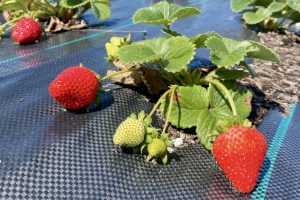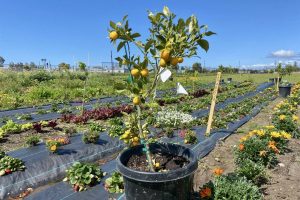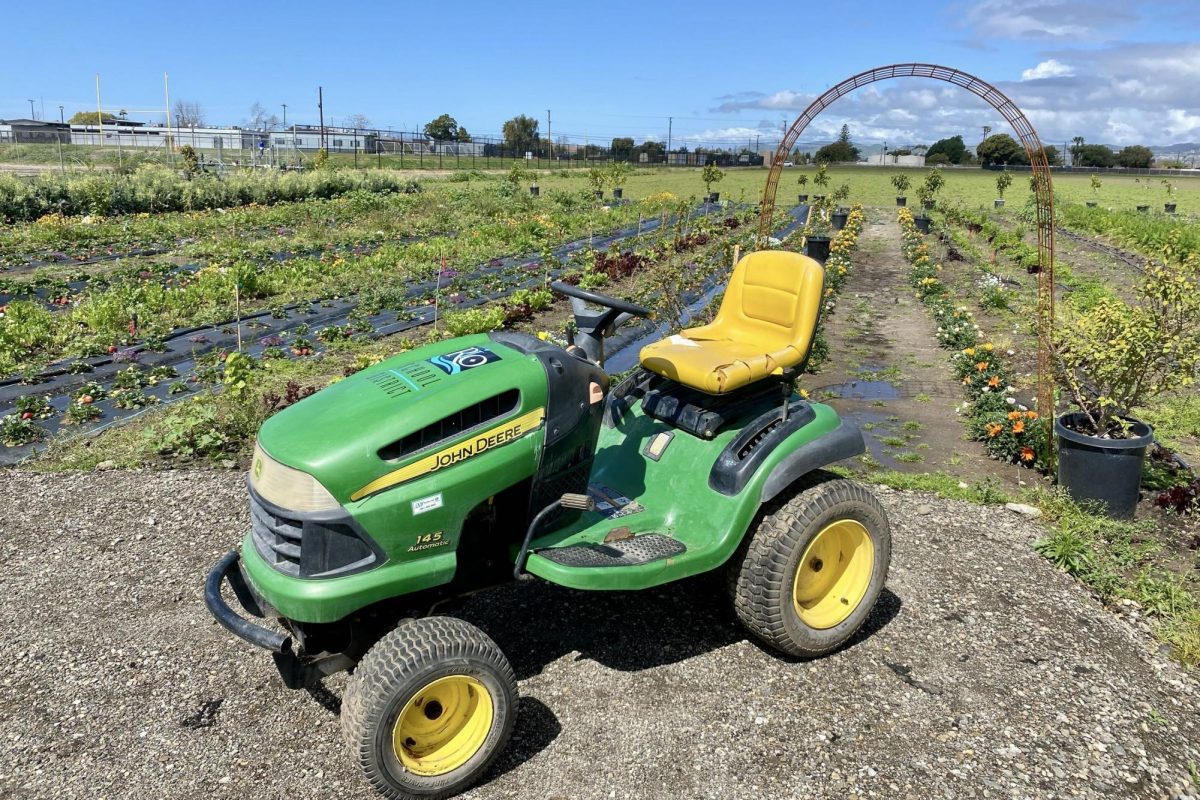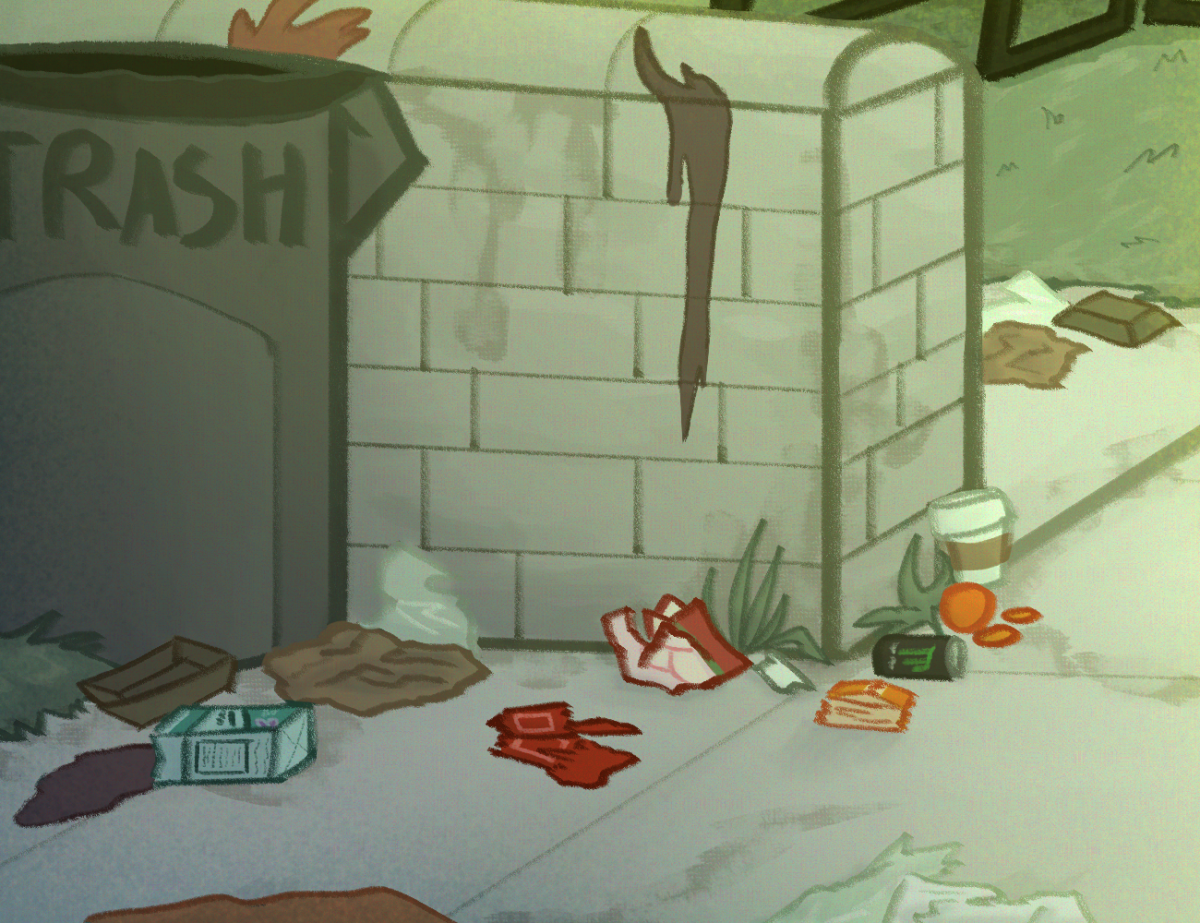
In 2017, the Thomas Fire decimated my hometown of Ventura, Calif., and only a few months ago, relentless rainfall flooded my basements and storm conditions sent rogue waves through the city’s streets.
As the effects of climate change intensify across California, pesticides are a commonly overlooked culprit of greenhouse gas emissions, soil degradation and carbon capture inhibition. From manufacturing to application, these fossil fuel-based chemicals are exacerbating the climate crisis and making agriculture more vulnerable to extreme weather patterns.
In Ventura County alone, 35 million pounds of pesticides were used from 2015 to 2020, accounting for 60 percent of countywide agricultural greenhouse gas (GHG) emissions. Pesticides also increase nitrous oxide production in soil, exposing humans and plants to ground-level ozone, a harmful air pollutant that is linked to many health issues.
If California wants to reach its goal of net zero emissions by 2045, protect the health of citizens and build sustainable practices for agricultural longevity amidst global warming, politicians need to support bills that promote organic farming.
Assembly Bill (AB) 406 would do just that. Introduced in Feb. 2023 by Assemblyman Connelly of District 12, AB 406 would expand the California Department of Food and Agriculture (CDFA) and Healthy Soils Program (HSP) to incentivize statewide production of USDA Certified Organic food. Unfortunately, AB 406 failed to advance to Assembly vote in the legislative session.

USDA Certified Organic farming prohibits the use of most fossil fuel based pesticides, making the expansion and accessibility of this program key to climate change mitigation.
As shown in its General Plan, Ventura County already supports organic farming, but state laws like AB 406 are required to fund and promote sustainable agriculture in my county and throughout California. AB 406 would have specifically provided farmers with loans, grants, research and technical assistance to implement organic methods.
Many farmers rely on pesticides to increase production yield, but as climate change causes severe drought and weather conditions in California, organic farming may be the safer bet.
A research trial by the Rodale Institute found that organic yields can be up to 40 percent higher than non-organic yields during drought years. This is because pesticides kill more than just weeds and bugs, they also kill beneficial microbes in the soil.
Without the use of pesticides, organic farming fosters resilient soil by increasing microbial diversity. Microbes turn plant and animal material into stored carbon, allowing soil to capture 25 percent of global fossil fuel emissions annually. Microbial diversity also improves water routing, retention and percolation, thus regulating flood conditions and helping plants to survive during drought by replenishing groundwater stores.
Edgar Espinoza, a farmer working for Rio School District, made the switch to organic farming after losing his conventional farm to drought in 2012.

“I had over 200 acres and I lost everything,” Espinoza explained.
While the transition from conventional to certified organic agriculture can be a long and expensive process, AB 406 would have assisted farmers like Espinoza by covering certification costs and providing grants during the 3-year organic transition period.
“[Organic farming is] hard work, but in a community … you can get it done. If we did get government funding to help do these things, then it could be beneficial,” Espinoza continued.
Agriculture is the heartbeat of our state, and organic practices have given Espinoza a whole new outlook on farming, “It’s become a passion, watching things grow and then actually nurturing nature. It’s a different understanding of life … it’s what we need.”
Climate change-induced conditions aren’t just flooding my basement and burning my city, they are submerging fields and leaving crops parched across the state. It’s time for politicians to side with the environment and support organic farming to limit GHG emissions and prevent climate change from crippling California’s agriculture. The clock is ticking.








